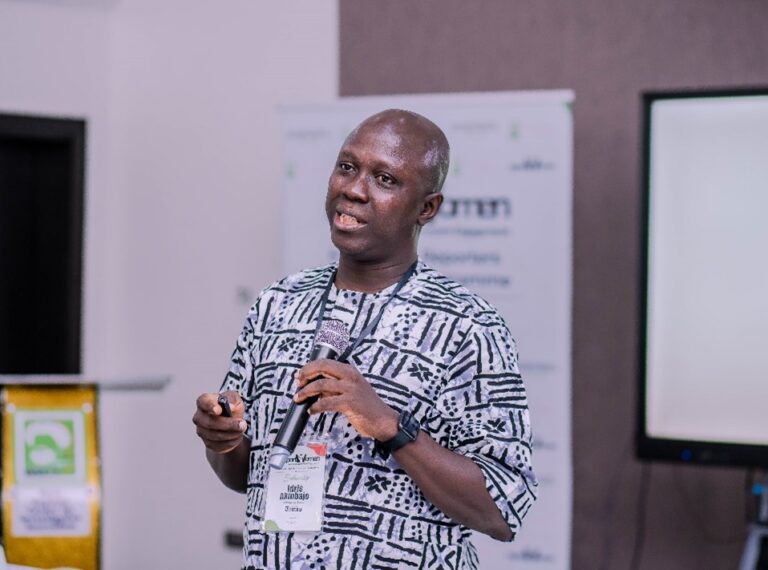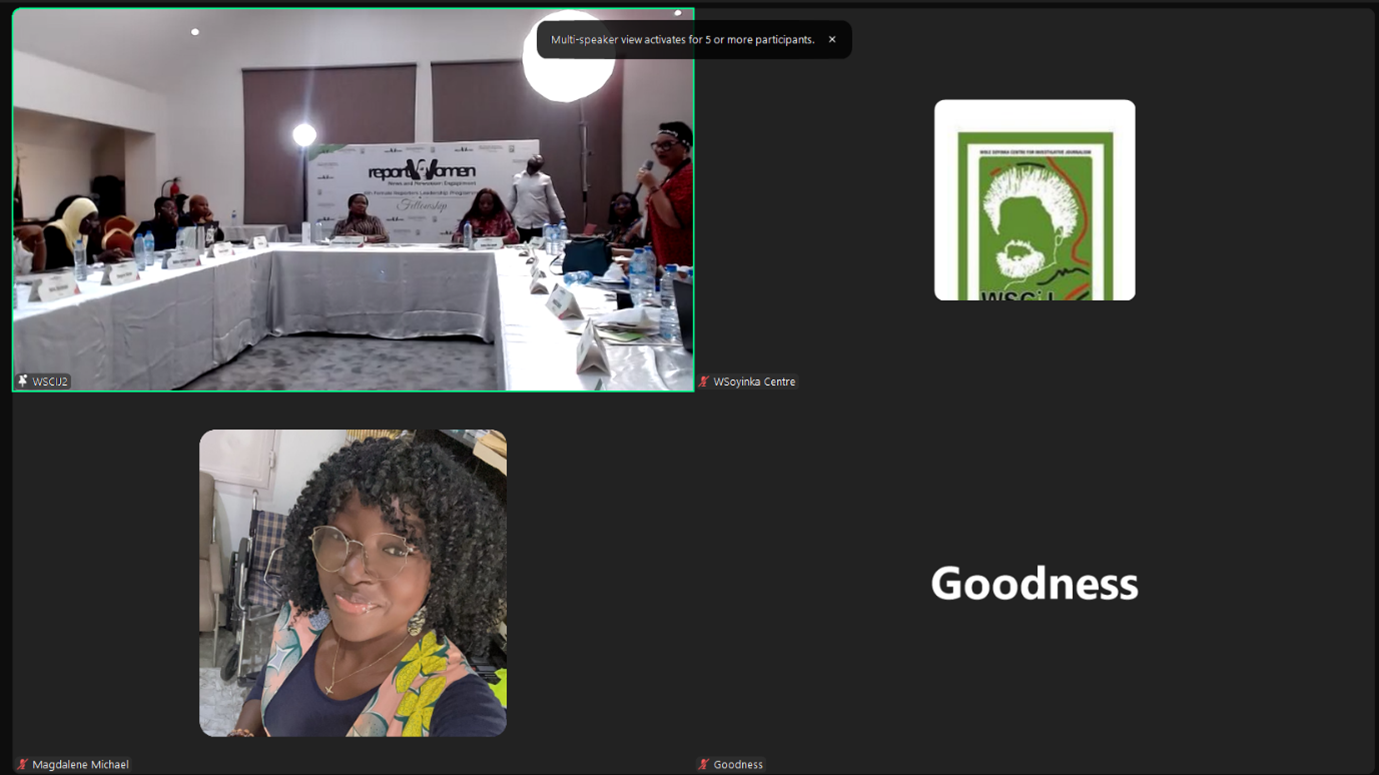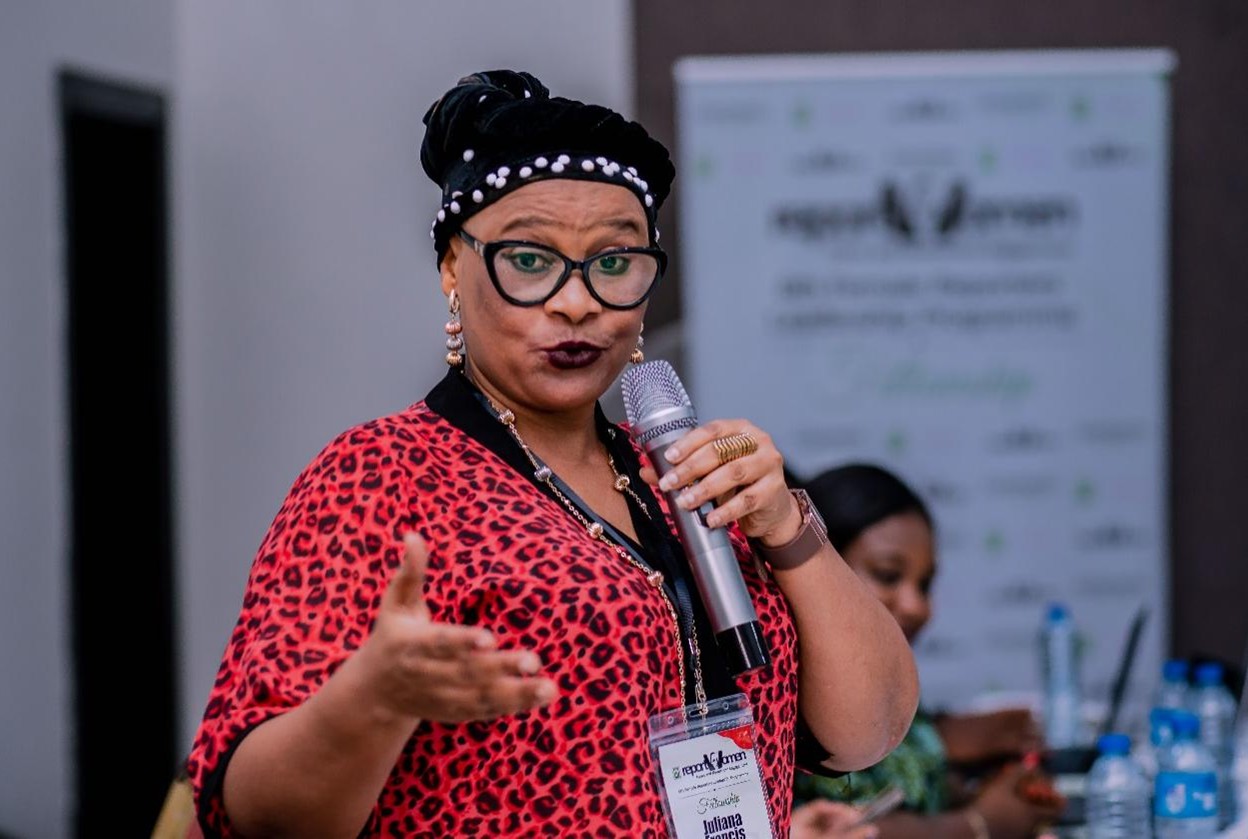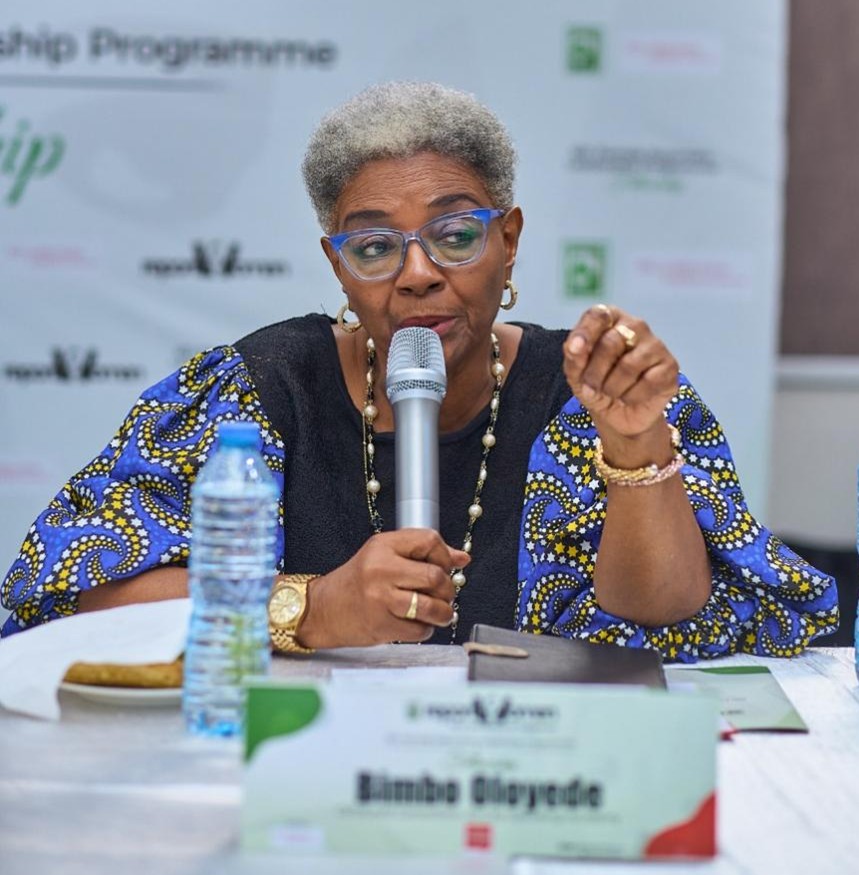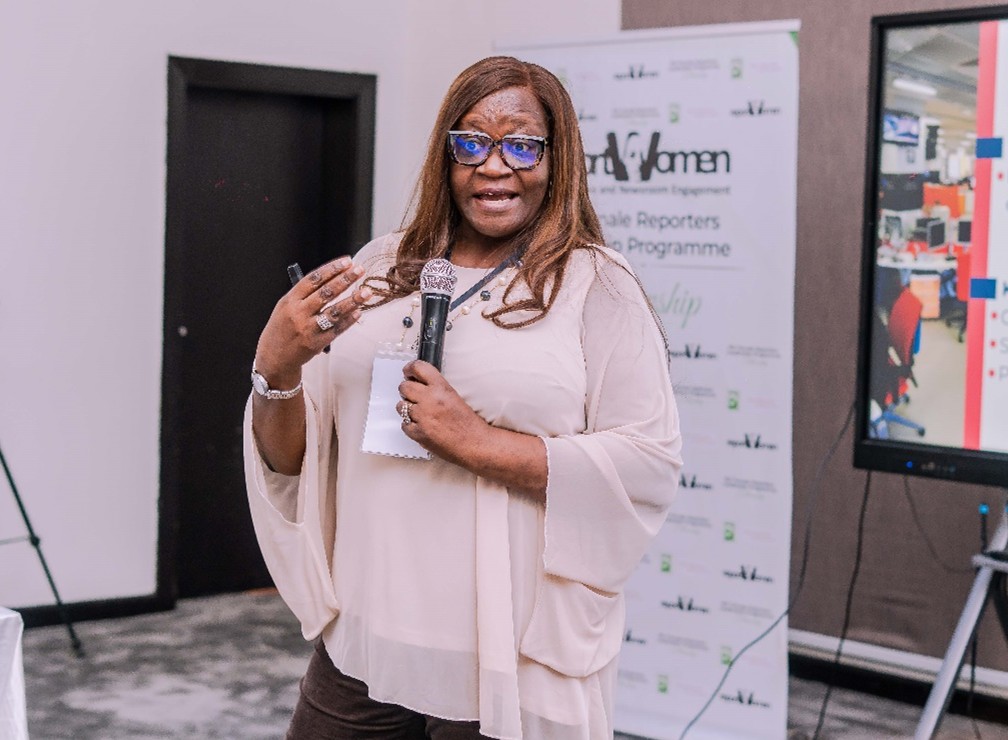Idris Akinbajo, Managing Editor at Premium Times, led a series of sessions at the Wole Soyinka Centre for Investigative Journalism’s (WSCIJ) Sixth Report Women! Female Reporters Leadership Programme (FRLP) Fellowship, in Lagos, from 2 to 4 April 2025, where he noted that the highest standards of investigative journalism demand not just skills and perseverance, but also a deliberate focus on safety and ethics. He guided the female participants through the principles of investigative reporting, newsroom pitching and holistic journalist safety in the digital age.
In his session on investigative reporting, Akinbajo broke down the different types of accountability journalism—investigative, interpretive, enterprise, and fact-checking. He defined investigative journalism as reporting that uncovers wrongdoing, answers critical “why” questions, and holds the powerful to account.
He outlined four core pillars of the practice: public interest motivation, systematic and in-depth inquiry, original research and reporting, and the revelation of concealed information. He stressed the role of investigative journalism in exposing corruption, human rights abuses, systemic failures and other societal issues that demand transparency and reform.
Akinbajo also addressed the evolving digital landscape and its impact on journalism. While technology has changed how stories are gathered, produced and shared, he noted that journalism’s core values—truth, fairness and accountability remain unchanged.
The session included a detailed guide on crafting compelling story pitches. Akinbajo explained the difference between a story idea and a pitch and offered tips for developing a winning pitch, which according to him, must have a clear hypothesis, strong opening, newsworthiness, methodology, and a defined angle.
In his session on safety, Akinbajo introduced participants to the concept of holistic security, which includes physical, digital, and psychosocial safety. He explained that threats to journalists can occur at any point in the reporting cycle and that preparedness is key to managing risks.
On physical safety, he outlined a four-step planning approach: assessing assets, identifying threats, evaluating risks and applying mitigation measures. He also introduced threat modelling as a tool to anticipate and understand the motives of potential adversaries. Addressing digital safety, Akinbajo encouraged the use of strong passwords, password managers, two-factor authentication, VPNs, and vigilance against phishing attempts.
For psychosocial safety, he acknowledged the mental health challenges many journalists face—including trauma, anxiety and burnout. He urged participants to embrace self-care, build supportive networks and seek help when needed.
The FRLP fellowship is part of WSCIJ’s broader Report Women! initiative, which builds the leadership capacity of female journalists while promoting gender-sensitive investigative storytelling for women’s rights.

